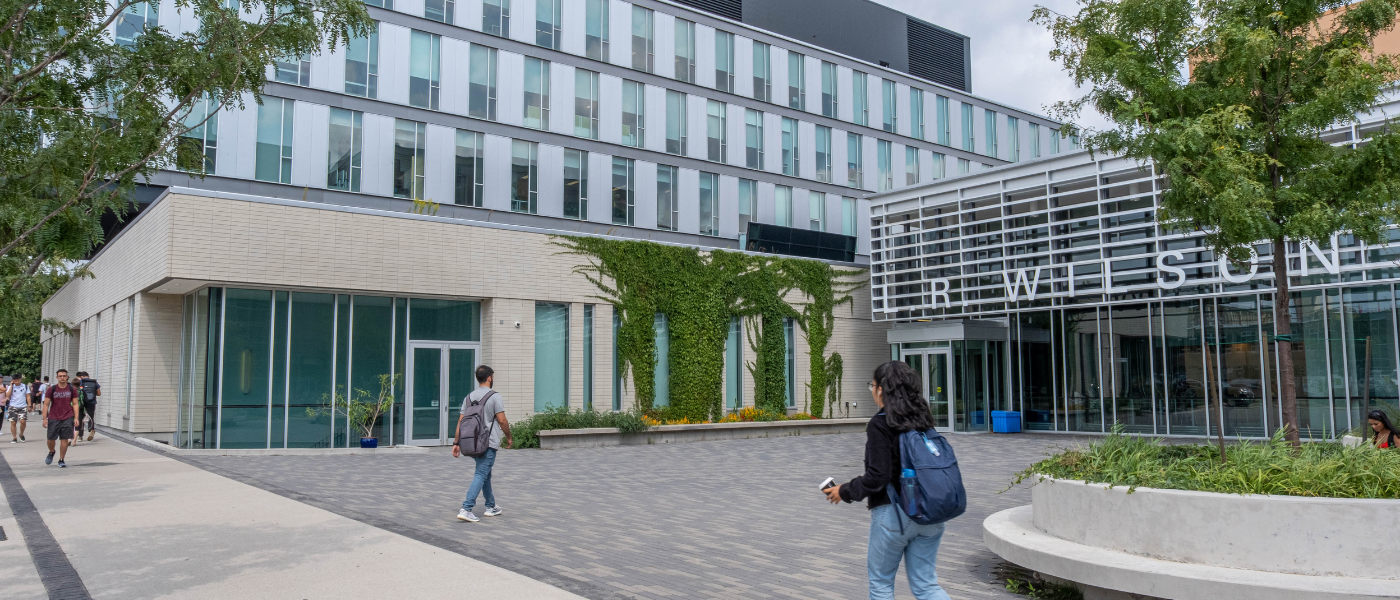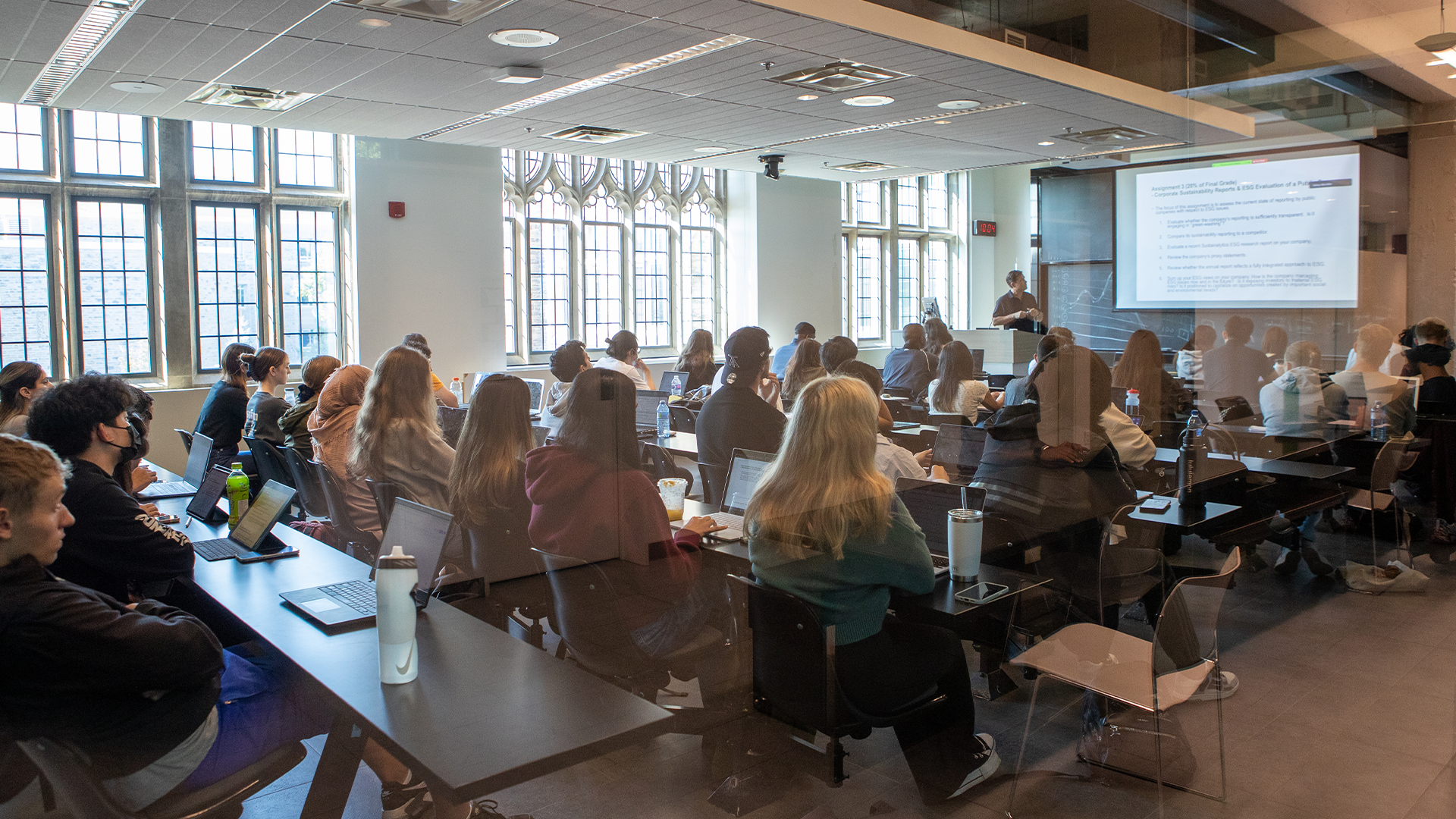Co-op Work Term Sequence
What is a ‘Work Term Sequence’?
The projected schedule of work terms and academic terms in a co-op program is called a ‘Work Term Sequence’.
Each undergraduate co-op program option in Social Sciences involves three full-time ‘Work Terms’ added into the structure of the standard Honours academic program, alternating with the normal ‘Academic Terms’.
Work Terms are a full-time, paid work experience, that are approximately four months in duration (12 weeks or 420 hours total). They correspond with the timing of McMaster’s semester system to avoid overlap with academic commitments.
The timeline to complete your degree will extend from four years to a total of five (5) years to accommodate the work terms. The default sequence designed to maximize the chances of acceleration and earlier graduation as a potential option.
Work Term Sequence
After admission to the co-op program, having completed Level I during your first year, you should plan on using the default work term sequence (see below) when planning out your course registration.
- Fall: Academic Term (& Career Planning Course)
- Winter: Academic Term (& Job Search Course)
- Summer: Work Term #1
- Fall: Academic Term (& Job Search Course)
- Winter: Work Term #2
- Summer: Off/Part-Time
- Fall: Academic Term (& Job Search Course)
- Winter: Work Term #3
- Summer: Off/Part-Time
- Fall: Academic Term
- Winter: Academic Term
- Summer: Graduation
Work Term Sequence - Frequently Asked Questions (FAQs)
The default work term sequence is ‘Plan A’ for all students. This planned schedule is the basis for the scheduling of co-op courses and allows the optimal coordination of employer relationship development. The tempo of the work term sequences was also designed for compatibility with participating departmental courses.
If necessary, under unusual conditions, alternate work term sequences may be approved on a case by case basis, resulting in work or academic terms taking place in different parts of the year. However, the ‘Plan A’ sequence is the default precisely because it is the pattern that allows for the greatest flexibility in contingency planning in those alternate scenarios. Students are expected to make every effort to maintain this preferred ‘default’ cycle wherever possible.
Canadian standards for co-operative education require that co-op programs schedule the (3) work terms with at least one (1) work term occurring in a different season than the others. Each season has different flows and feels, and in some sectors the nature of the work fundamentally shifts at different times of year. So standards call for co-op students to have exposure to more than one season so that they gain practical experience with this dimension of change in the working world.
No, not necessarily. Some students might avoid co-op because finishing in four years is important to them. However, co-op students and the academic advisors and co-op staff who support them often feel strongly that the benefits of co-op work experience vastly outweigh the cultural and self-imposed pressure to ‘finish in four’.
Cost of living pressures certainly are a factor for students, but given the paid work terms and subsequent increased earning power and employability of co-op students, people with practical familiarity with co-op programs tend to suggest that a five-year co-op program is a wise economic choice too.



